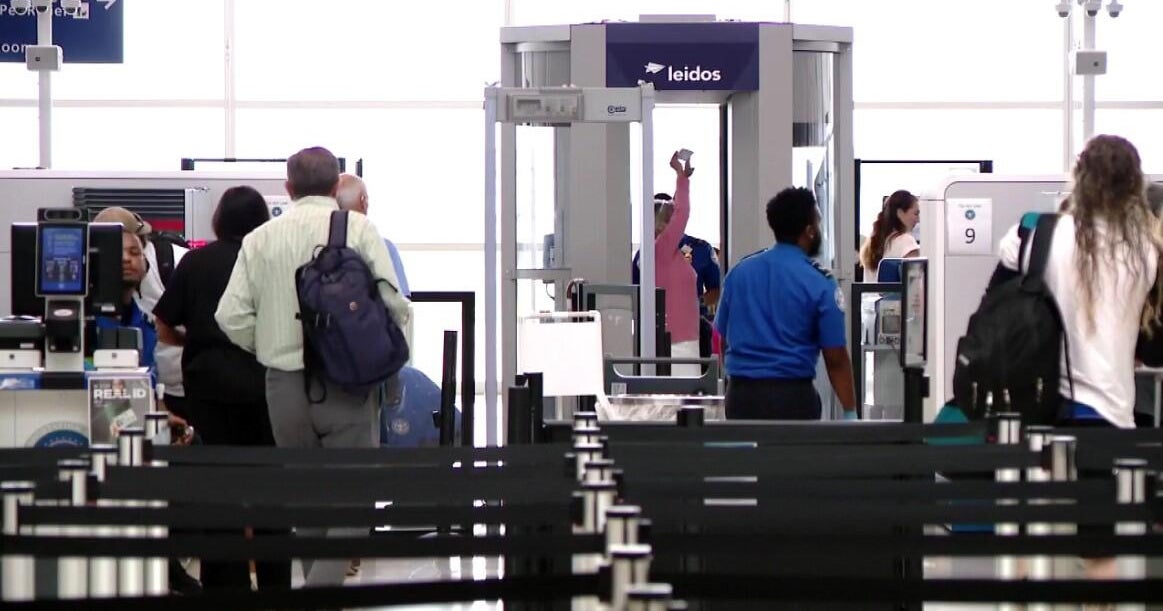Audit finds critical staffing issues in Berkeley government
BERKELEY - Crucial city services were affected by staff shortages in Berkeley city government during five recent fiscal years, according to an audit released Thursday by the city auditor.
The audit cited a presentation to the Berkeley City Council by the City Manager's office in December 2022 about this impact, where the staffing shortage decreased services to Berkeley residents. These included reduced hours at health clinics and temporary closures of fire stations.
Services by the public works department were delayed and response times in the 911 dispatch center were slower, among other challenges.
Among eight other Bay Area cities, Berkeley's vacancy rate was the second highest at 19 percent last year. Vallejo had the highest number of budgeted positions vacant at 28 percent while San Francisco had the lowest at 9 percent.
"While staff turnover is inevitable in any organization, the retention challenges Berkeley has faced over the last five years are concerning," City Auditor Jenny Wong said in a statement.
"In the past few months, city management has begun to focus more on this issue, but in order to ensure the City recruits and retains staff over the long term, a comprehensive plan needs to be implemented and this focus needs to be maintained over time," Wong added.
Over the 2018-2022 fiscal period covered by the audit, more people left city employment voluntarily than were hired, the report said.
For example, 169 people resigned or retired in fiscal year 2022, compared to 139 full-time hires.
Employee dissatisfaction played a key role in staff turnover, based on a survey by the auditor's office of current employees and those who left voluntarily during the audit period.
Current employees cited concerns with their pay, workload, outdated internal systems, such as technology systems and software, limited opportunities to learn so they can advance, and lack of support and communication from managers.
In a survey of past employees, 47 percent said organizational culture problems, which could be related to lack of communication, micromanagement or lack of supervision, lack of accountability and poor leadership, prompted them to leave a job with the city.
The audit said city officials did not have a clear strategy to help retain staff during the audit period.
Instability in the city's human resources department was a barrier to full staffing, according to the audit. In the five year period of the audit, human resources had four different directors and numerous employees left the department.
In addition, in October 2022, the average tenure for human resource employees was 3.1 years compared to 10.4 years among departments citywide. Also, during the period covered by the audit, 26 employees left the human resources department, which has only 22 budgeted positions.
The staffing problem in the human resources department contributed to other problems besides vacancies. At one point the city was and may still be out of compliance with mandated sexual harassment training that all employees must take.
Wong and her staff suggest city officials set goals for retention and analyze the staff needed for the city to operate and provide services.
Wong and her team also recommend officials make the hiring process more efficient, and among other changes, work toward increasing employee satisfaction.
In the audit, city officials said they have accepted the recommendations Wong's team made.
Berkeley Mayor Jesse Arreguin and City Manager Dee Williams-Ridley did not respond Thursday to a request for a comment on the audit.







